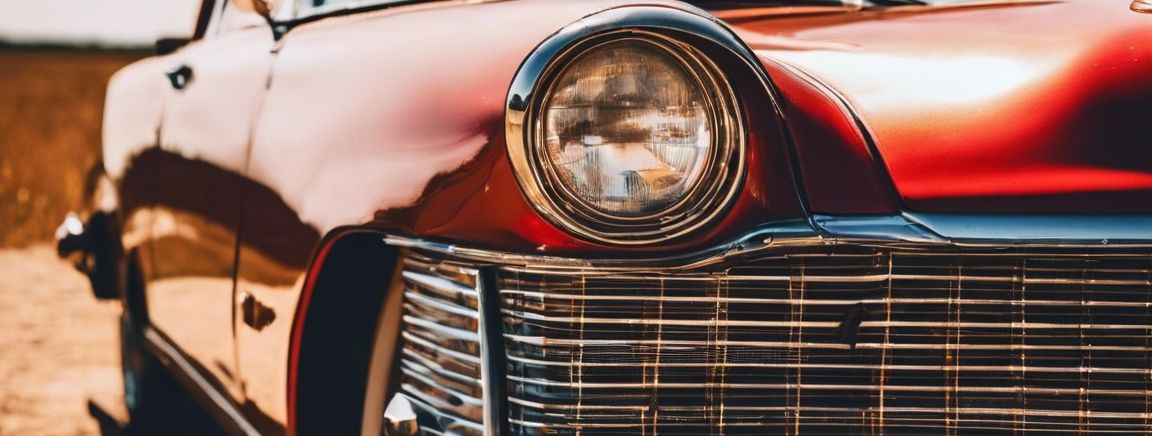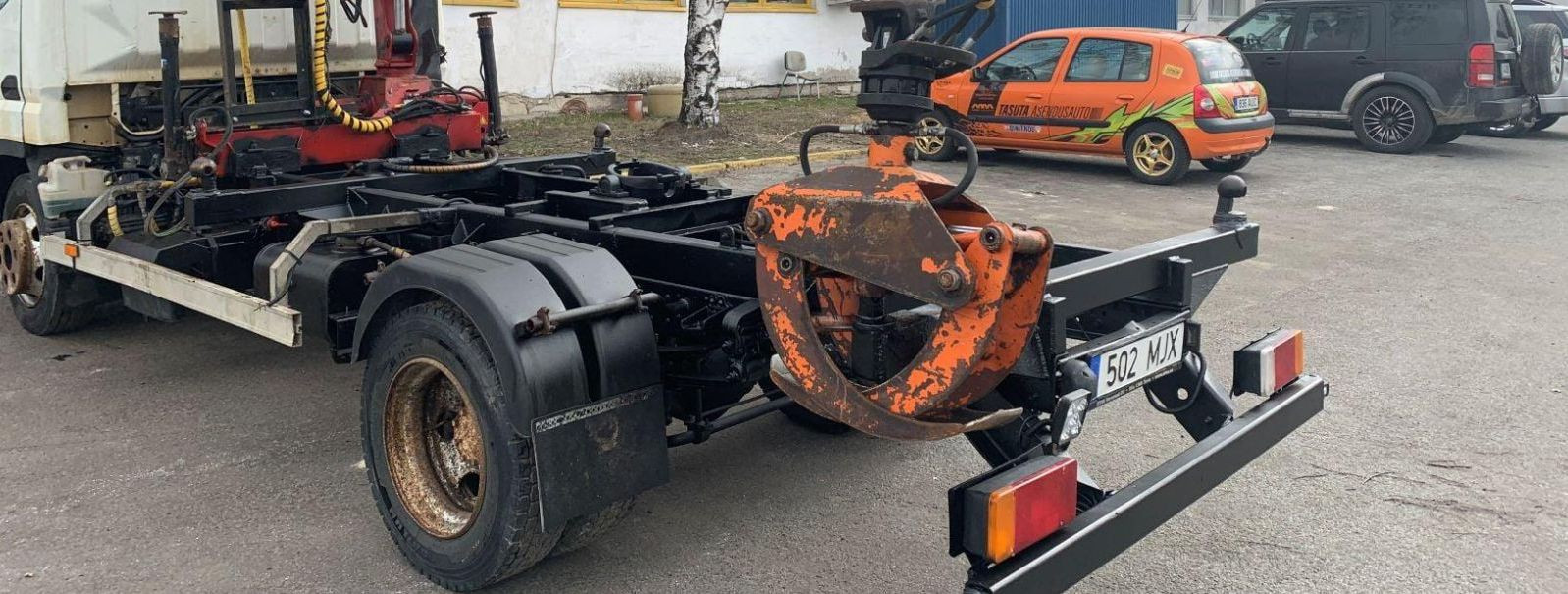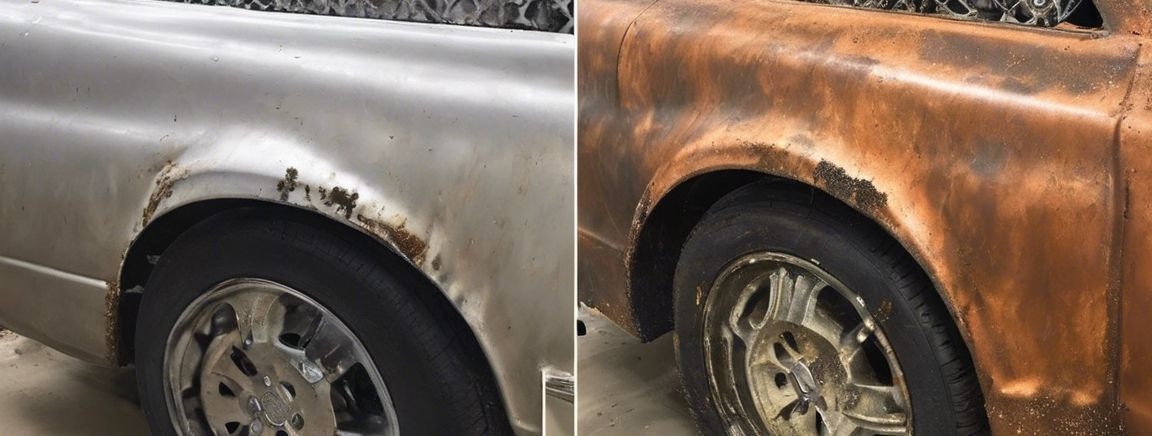The science behind anti-rust coatings
Rust is the bane of any vehicle owner's existence, particularly for those living in regions with harsh weather conditions. Understanding the science behind anti-rust coatings can be the key to preserving the longevity and aesthetics of your vehicle. In this post, we'll delve into the chemistry of rust, explore various types of anti-rust coatings, and discuss how they work to protect your car.
The Chemistry of Rust
Rust is a type of corrosion that occurs when iron, oxygen, and moisture combine. The result is iron oxide, which weakens the metal and can lead to significant structural damage over time.
Rust formation is an electrochemical process. It starts with the oxidation of iron in the presence of water and oxygen. This process is accelerated by environmental factors such as salt, which can come from road de-icing solutions or sea air.
Types of Anti-Rust Coatings
Oil-based coatings are one of the simplest forms of rust prevention. They work by providing a protective layer that repels water and minimizes oxidation.
Paints and primers often contain rust-inhibitive pigments like zinc phosphate, which provide a barrier against corrosion.
Zinc coatings, or galvanization, protect steel by acting as a sacrificial layer. If the coating is scratched, the zinc will corrode first, protecting the underlying metal.
Epoxy coatings are known for their durability and strong adhesion to metals, providing long-lasting protection against rust.
Ceramic coatings offer a hard, protective surface over the paint, which helps prevent rust and makes cleaning easier.
How Anti-Rust Coatings Work
Barrier coatings work by physically preventing water and oxygen from reaching the metal surface.
Sacrificial coatings are designed to corrode in place of the metal they protect, often containing elements like zinc or magnesium.
Inhibitive coatings contain chemicals that slow down the electrochemical reactions that cause rust.
Some coatings have active ingredients that react with the surface of the metal to form a more stable compound that resists corrosion.
Application of Anti-Rust Coatings
Proper surface preparation is crucial for the effective application of anti-rust coatings. This may involve cleaning, degreasing, and sandblasting.
Coatings can be applied through various methods such as brushing, spraying, or dipping, depending on the type of coating and the object being treated.
Regular maintenance and timely reapplication are essential to ensure the continued effectiveness of anti-rust coatings.
Advancements in Anti-Rust Technology
Nanotechnology is being used to create coatings with improved corrosion resistance and durability.
Smart coatings can detect and respond to changes in the environment, providing dynamic protection against rust.
There is a growing demand for eco-friendly coatings that do not contain harmful chemicals and are safer for the environment.
Preserve the beauty and integrity of your vehicle with ALAI GROUP OÜ's cutting-edge anti-rust solutions. Contact us to safeguard your automotive investment today.






Comments (0)